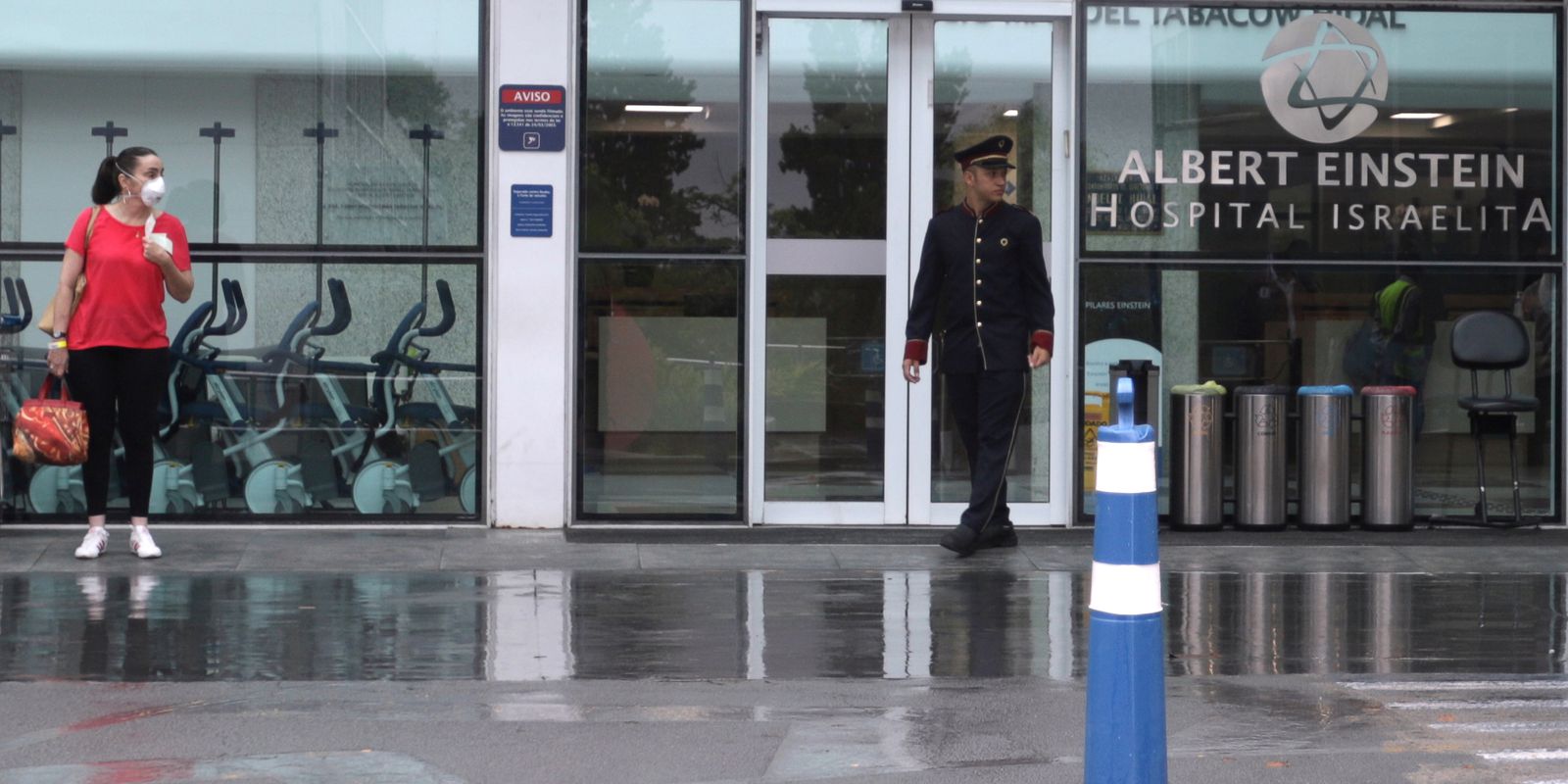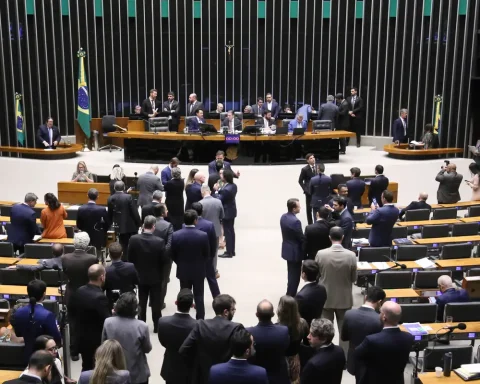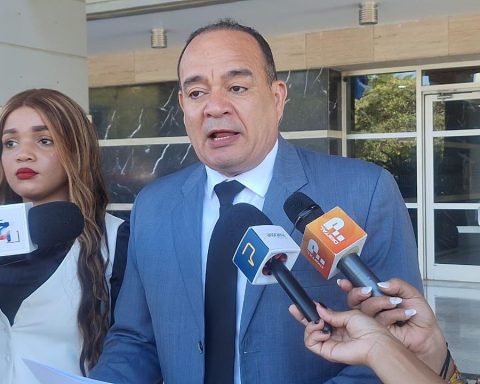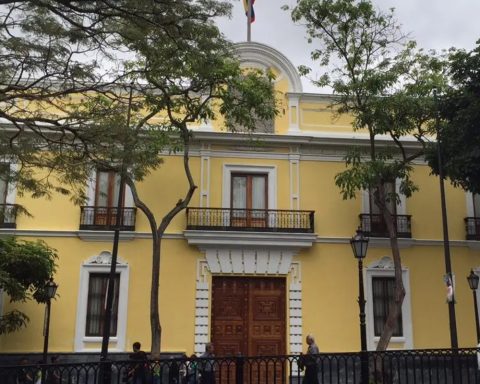A new data analysis platform is being developed by Hospital Israelita Albert Einstein to assist the Ministry of Health in evaluating and supervising the functioning of public health units and the use of transferred federal resources. The project is based on crossing information from the Department of Informatics of the Unified Health System (DATASUS), the Brazilian Institute of Geography and Statistics (IBGE) and other relevant sources. The expectation is that, with the use of the tool, it will also be possible to update and elaborate public policies related to the theme, in addition to making comparisons between states and municipalities.
The Health Data Audit and Monitoring Platform (Pamdas) will be implemented under the SUS Institutional Development Support Program (Proadi-SUS) and will cover details of complex treatments, from the point of view of infrastructure and hospital management. In addition, professionals from the General Audit of the Unified Health System (AudSUS) will be trained in artificial intelligence to manage the tool.
The initiative aims to ensure agility in the auditors’ routine, systematizing and computerizing processes already carried out, which allows identifying and solving problems of structure and allocation of resources on a large scale. What is expected from the tool is that the crossing of data provides alerts of possible non-conformities that will be investigated by auditors. The project should be completed by the end of 2023, when a report of the main analyzes for the 2021-2023 triennium will be carried out.
According to Einstein’s analysis consultant, Caroline Bianca Carvalho Candido, the platform’s proposal is that there be agility in the audit process, as the tool involves the automation of various scripts and indicators, generating greater scalability and pointing out the possibilities of analysis and auditing faster, giving auditors more visibility faster and more proactively.
“The objective of the platform is to validate that the service is being performed, according to health guidelines and to generate actions that guarantee the correct execution of the procedures and consequently result in a better service for the population. Another relevant factor is that, generating indicators on the correction of the application of SUS resources, the best distribution of the resource that is being used in place and correctly is guaranteed”, said the analyst.
About Proadi-SUS
The Support Program for the Institutional Development of the Unified Health System (Proadi-SUS) was created in 2009 with the purpose of supporting and improving the SUS through human resource training projects, research, evaluation and incorporation of technologies, management and specialized assistance demanded by the Ministry of Health.
Today, the program brings together six non-profit hospitals that are a reference in medical-care quality and management: Hospital Alemão Oswaldo Cruz, BP – A Beneficência Portuguesa de São Paulo, HCor, Hospital Israelita Albert Einstein, Hospital Moinhos de Vento and Hospital Sírio-Liba. Lebanese.
The program’s resources come from the tax immunity of the participating hospitals. The projects lead the population to expertise of hospitals in initiatives that meet the needs of the SUS. Among the main benefits of Proadi-SUS, the reduction of queues stands out; qualification of professionals; research of public health interest for the current needs of the Brazilian population; care management supported by artificial intelligence and improvement in the management of public and philanthropic hospitals throughout Brazil.
















